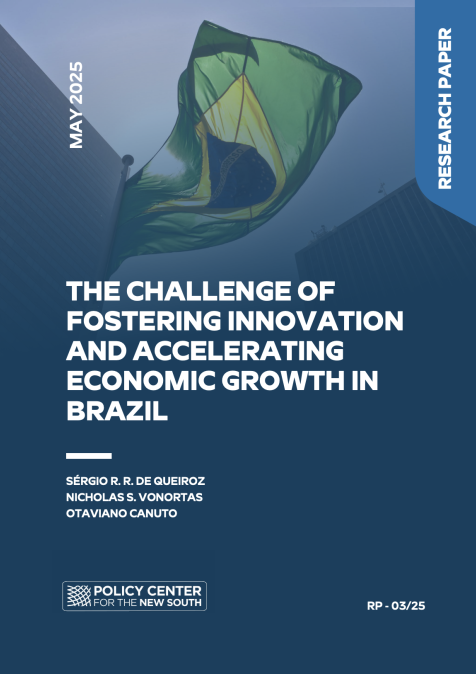Podcasts
Debt from a Southern Perspective
Related topics:
Debt in the Global South was a key point of discussion during the last annual meetings of the World Bank and International Monetary Fund which took place in Marrakesh on October 2023. While the return of the said meetings to Africa put African situations in the spotlight, debt distress is a situation that spans across a range of developing countries, with some cases having attracted particular attention in Asia and Latin America throughout the past years and decades. While a Northern view tends to pin mismanagement as a key driver of insolvency, structural power imbalances also help explain why it can be particularly difficult for developing nations to defend and make their case vis-à-vis donors. This interview with Anahi Wiedenbrüg, a renowned Argentinian expert and think tanker on international financial affairs with extensive experience in multilateral financial negotiations, shed the light on some of the most salient features of these.









